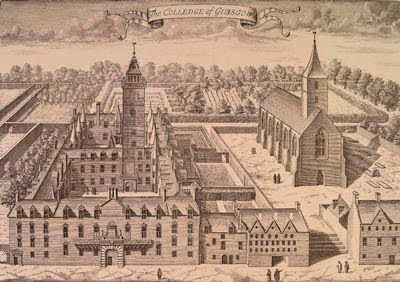I've blogged before about my new book, The Last Lancer, the story of my grandfather's life and milieu. It's currently with my publisher, awaiting edits, while I sit here watching developments in Ukraine with a sick sense of deja vu.
Meanwhile, here's one I wrote earlier. The Amber Heart is set in the middle years of the 19th century, in what was then rural Eastern Poland It's the story of Marianna and Danilo. She is a wealthy Polish landowner's daughter, born and brought up in the beautiful manor house of Lisko, while he is a poor Ukrainian estate worker. The lives of these two young people from vastly different backgrounds are destined to become hopelessly and tragically entwined from the moment of their first meeting.
Back when I wrote the first draft of this novel, I had a good London based agent. I'd just had a novel published, and she was confident that she would be able to sell this one as well. I thought so too. Our confidence couldn't have been more misplaced.
There were a lot more publishers in the 80s, although the Great Amalgamation had already begun, in which so many good small publishers were swallowed up by big corporations, gradually reducing the options for publication and the options for writers too. At the same time, and probably no coincidence, the so called 'mid-list' was disappearing - those well written, readable books that were never going to be mega sellers, but still sold steadily over many years, if they were kept in print. Which wasn't what the big corporations wanted at all.
Desperate times, until Amazon, the Great Disrupter, saw not just a gap but a yawning chasm in the market and went for it like the proverbial rat up a drainpipe. Good for them. Now, smaller independent publishers are springing up, but they have a hard row to hoe, and so do writers. A whole publishing infrastructure was destroyed in the rush to consolidate traditional publishing houses into ever bigger entities.
My agent couldn't sell the novel, no matter how hard she tried, but it had - as she herself said - the most fulsomely complimentary set of rejections she had ever seen. One editor said she had 'stayed up all night reading it, couldn't put it down, wept buckets.'
The stumbling block seemed to be its Polish setting. Nobody wanted to read a novel set in Poland, they said.
Dear reader, I filed that original manuscript away in a box, where it sat mouldering for years. I still have that copy somewhere, out of pure sentimentality. It's on old flimsy paper, typed - as far as I remember - on an early IBM Word Processor.
I pressed on with my radio drama career and my theatre career, and even when I went back to novels and had some success - originally with a novel called The Curiosity Cabinet that is still in print with its gorgeous Saraband cover and many glowing reviews - I occasionally thought about chucking the Amber Heart in the bin. But I would start to read it, and realise that there was something about it ... something about Poland too. I wrote a stage play about the rise of Solidarity and three radio plays with Polish settings: Gnats, Amber and Noon Ghosts.
Many years later, the novel was still nagging away at me. In between projects, I got down that faded manuscript and typed it up again. It's a long book and it was a big task, since I was editing as I went. In between times, I had acquired another agent. He read this new version and liked it, but suggested deleting the last third. Later, a different agent suggested deleting the first third. It was certainly much too long. Over several years, in between other projects, I reworked it completely in the light of all that I had learned since that first draft, and did, in fact, delete quite a lot of it, but not the beginning or the end! It's still quite a big book.
Now, I can say with a certain amount of confidence that this is the definitive final draft and I don't intend to edit it ever again. It has to get out there and take its chance. It's on Amazon as an eBook and also as a paperback, designed by the talented Lumphanan Press, so you can take your pick.
The criticisms I have had of it over the years have mostly been from mostly male Polish historians, who thought there was 'insufficient historical detail' and wanted it to be a factual account of those times. But that wasn't what I was writing, although I think such detail as there is, is accurate.
Let's hope they like The Last Lancer better, although it's still a saga of conflict, love and loss, albeit a true one, so extraordinary that I could never have made it up.
Anyway, if you fancy reading the Amber Heart, you can download the eBook free on 14th February (and for the two following days as well), Valentine's day, which seems a pretty good day to offer my readers the gift of a big bold tragic love story.






















.jpg)















